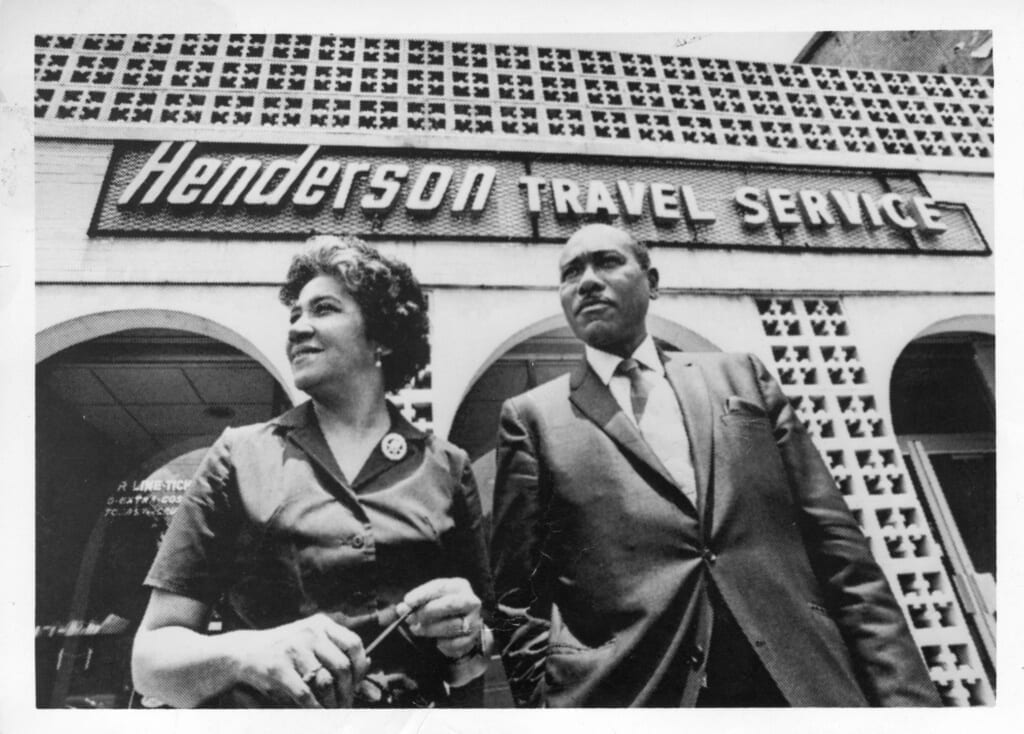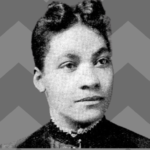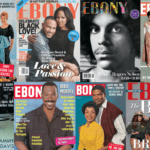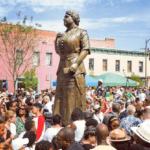At the new National Museum of African American History and Culture in Washington, D.C., a hallway of glass display cases features more than a century’s worth of black entrepreneurial triumphs.
In one is a World War II–era mini parachute manufactured by the black-owned Pacific Parachute Company, home to one of the nation’s first racially integrated production plants. Another displays a giant clock from the R. H. Boyd Publishing Company, among the earliest firms to print materials for black churches and schools.
Although small, the exhibit recalls a now largely forgotten legacy: By serving their communities when others wouldn’t, black-owned independent businesses provided avenues of upward mobility for generations of black Americans and supplied critical leadership and financial support for the civil rights movement.
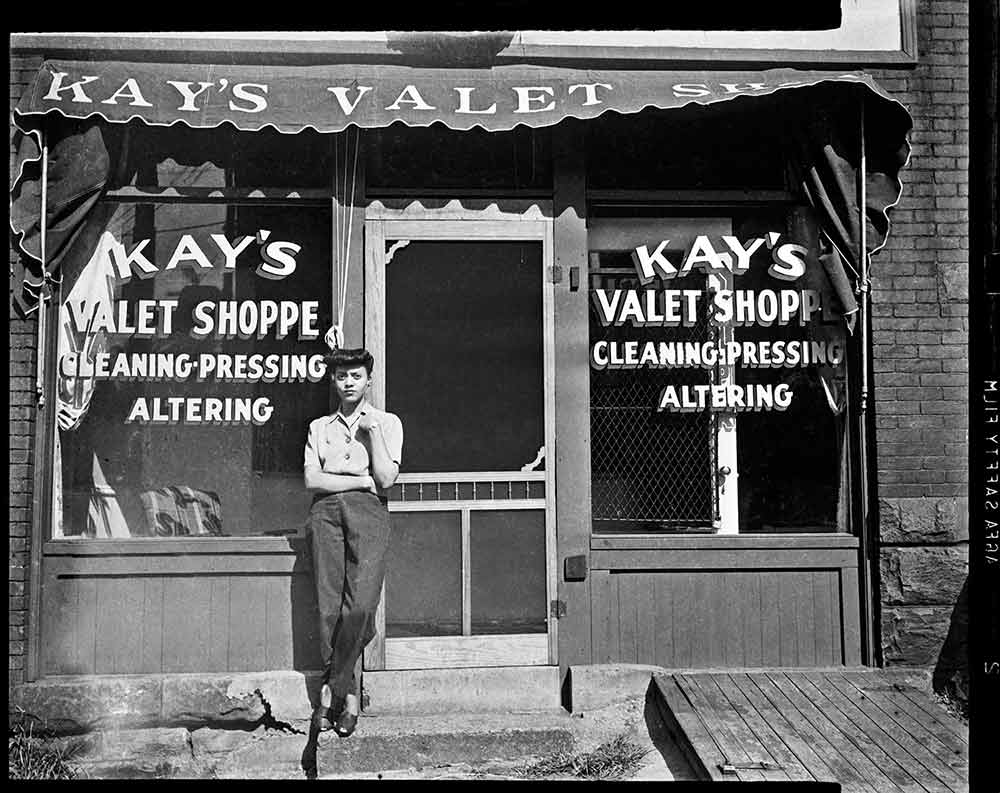
This tradition continues today. Last June, Black Enterprise magazine marked the 44th anniversary of the BE 100s, the magazine’s annual ranking of the nation’s top 100 black-owned businesses.
At the top of the list stood World Wide Technology, which, since its founding in 1990, has grown into a global firm with more than $7 billion in revenue and 3,000 employees. Then came companies like Radio One, whose 55 radio stations fan out among 16 national markets.

The combined revenues of the companies that made the BE 100s, which also includes Oprah Winfrey’s Harpo Productions, now totals more than $24 billion, a nine-fold increase since 1973, adjusting for inflation.
A closer look at the numbers, however, reveals that these pioneering companies are the exception to a far more alarming trend. The last 30 years also have brought the wholesale collapse of black-owned independent businesses and financial institutions that once anchored black communities across the country.
In 1985, 60 black-owned banks were providing financial services to their communities; today, just 23 remain. In 11 states where black-owned banks had headquarters in 1994, not a single one is still in business. Of the 50 black-owned insurance companies that operated during the 1980s, today just two remain.
Over the same period, tens of thousands of black-owned retail establishments and local service companies also have disappeared, having gone out of business or been acquired by larger companies.
Reflecting these developments, working-age black Americans have become far less likely to be their own boss than in the 1990s. The per-capita number of black employers, for example, declined by some 12 percent just between 1997 and 2014.
What’s behind these trends, and what’s the implication for American society as a whole? To be sure, at least some of this entrepreneurial decline reflects positive economic developments. A slowly rising share of white-collar salaried jobs are now held by black Americans, who have more options for employment beyond running their own businesses.
The movement of millions of black families to integrated suburbs over the last 40 years also is a welcome trend, even if one effect has been to weaken the viability of the many black-owned independent businesses left behind in historically black neighborhoods.
But the decline in entrepreneurship and business ownership among black Americans also is cause for concern. One reason is that it largely reflects not the opening of new avenues of upward mobility, but rather the foreclosing of opportunity.
Rates of business ownership and entrepreneurship are falling among black citizens for much the same reason they are declining among whites and Latinos. As large retailers and financial institutions comprise an ever-bigger slice of the national economy, the possibility of starting and maintaining an independent business has dropped.
Read the rest of this article by Brian Feldman @ The Atlantic

